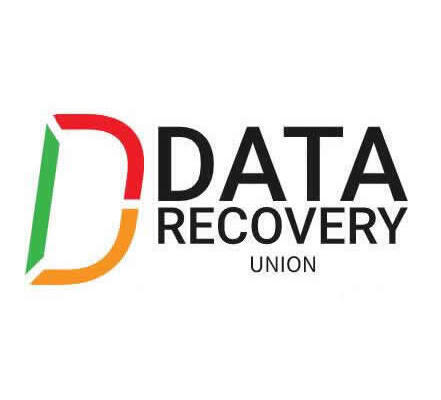
Tape Data Recovery Tips
 Server and Personal Computer Tape Backup systems using 4mm DAT, Travan, Exabyte 8mm, LTO and the various QIC formats are popular and necessary to safeguard your data.
Server and Personal Computer Tape Backup systems using 4mm DAT, Travan, Exabyte 8mm, LTO and the various QIC formats are popular and necessary to safeguard your data.
However, when these tapes fail, the situation is normally catastrophic as these tapes were often the only remaining repository of the data. Popular backup software such as Legato’s Networker, Cheyenne ArcServe, Veritas BackupExec, Microsoft NTBackup, Dantz Retrospect plus the UNIX tar and cpio utilities (and many more) all use different internal formats.
Causes of Tape Failure and Data Loss
- Corruption – operational error, mishandling of the tape or accidental overwrites caused by inserting or partially formatting the wrong tape
- Physical damage – broken tapes, dirty drives, expired tapes and damage caused by fire, flood or other natural disaster
- Software upgrades – inability for data on tape to be read by new application or servers
Tape Media Formats and Manufacturers
- DLT III, DLT IV, DLT-1, VS80, VS160 & Super DLT tapes up to 320Gb capacity
- LTO 1, 2 Ultrium tapes up to 400Gb capacity
- 4mm DAT format DDS, DDS-2, DDS-3 & DDS-4 tapes up to 40Gb capacity
- Exabyte 8mm 112m and 160m tapes & Mammoth 1 (Exabyte 8900), Mammoth 2 up to 150Gb capacity
- Seagate AIT & AIT-2, AIT-3 tapes up to 260Gb capacity
- Travan TR-1, TR-3, TR-4 & TR-5 tapes up to 20Gb capacity
- Iomega Ditto 2Gb QIC tapes
- QIC Mini-Cartridges DC2000-DC2120 with 40, 80Mb & 250Mb capacity
Tape Backup and File Formats
- Microsoft Tape Format (MTF) applications such as NT Backup and Seagate/Veritas BackupExec for Windows NT/2000, Backup Exec for NetWare
- System Independent Data Format (SIDF) applications such as Novell’s Sbackup and Palindrome’s Backup Director
- Practically all legacy DOS and Windows backup formats, including Colorado/Cheyenne Backup for Windows, Arcada/Seagate Backup Exec for Windows 95 & 98
- Cheyenne/Computer Associates ARCserve for NT & NetWare
- Previos/Stac Replica Backup for NT, NetWare
- Legato NetWorker (all platforms)
- Dantz Retrospect for Macintosh unix tar, cpio, fbackup, fsdump & ufsdump archives
- Compaq/DEC VMS Backup
- Intelliguard/Legato Budtools for UNIX platforms
- Sytron / Seagate / Veritas Sytos & Sytos Plus for DOS, NetWare & OS/2
Tape Recovery Process
- Tape recoveries are performed in dust-free cleanroom environments
- Tapes and tape drives are carefully dismounted, examined and processed
- Proprietary tools “force” the drive to read around the bad area to recover your tape data successfully
- Tapes are imaged, a copy of the disk is created, and recovered data is transferred to the new system
NOTICE: Attempting to recover tape data on your own, or through an inexperienced data recovery provider, may lead to further damage. Select a data recovery provider with resources, expertise and experience you can trust.
